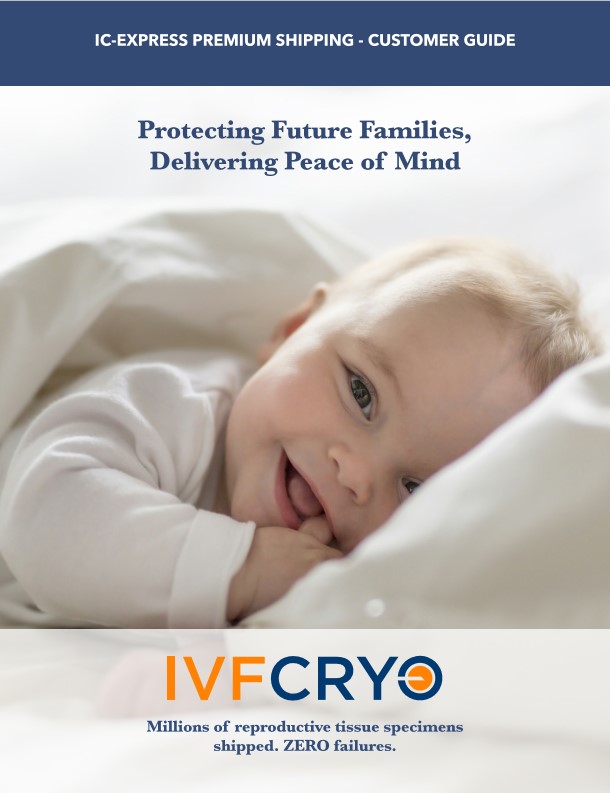Is Shipping Embryos Safe?
The realm of reproductive technologies has evolved significantly, offering hope and opportunities for individuals and couples aspiring to build families. Among these advancements, the shipping of embryos has emerged as a method that raises questions and concerns within the medical community and among those considering assisted reproductive options. So, is it safe to ship embryos? Let’s delve into the facts and considerations surrounding this practice

Understanding Embryo Shipping:
Embryo shipping involves the transportation of cryogenically preserved embryos from one location to another. These embryos are typically stored in specialized facilities using cryopreservation techniques, pausing their development until they are thawed for use in fertility treatments, research, or donation.
Safety Protocols and Standards:
Safety is paramount in the process of shipping embryos. Professionals involved in embryo shipping adhere to stringent protocols and standards established by regulatory bodies and industry guidelines. Specialized containers filled with liquid nitrogen or other cryoprotectants are utilized to maintain embryos at extremely low temperatures during transportation.
Mitigating Risks:
Critics often express concerns about the potential risks of damage or mishandling during transit. However, measures are in place to mitigate these risks. Advanced tracking systems monitor the embryos in transit, ensuring optimal conditions are maintained and any deviations promptly addressed.
Expertise and Regulations:
Reputable fertility clinics and shipping companies employ trained professionals well-versed in the handling and transportation of embryos. Strict regulations govern the packaging, labeling, and documentation involved in shipping embryos, reducing the likelihood of errors or mishaps.
Ethical Considerations:
Ethical considerations are also part of the discourse around embryo shipping. Questions arise about the morality of transporting embryos across borders or long distances. However, for many individuals or couples undergoing fertility treatments, this practice represents an opportunity to fulfill their dreams of starting a family.
Continuous Advancements:
The field of assisted reproductive technologies constantly evolves. Advancements in technology, research, and protocols contribute to the ongoing refinement of safety measures associated with embryo shipping. This continuous improvement aims to enhance the safety and efficacy of these procedures.
Conclusion:
While concerns exist, the safety of shipping embryos relies on established protocols, specialized equipment, and the expertise of professionals involved in the process. By following strict guidelines and leveraging technological advancements, the risks associated with shipping embryos are significantly minimized.
For those considering embryo shipping or any assisted reproductive procedures, consulting with qualified professionals and reputable clinics is crucial. Always seek personalized advice and guidance tailored to your specific situation and needs.
In essence, when conducted by experienced professionals adhering to established guidelines, shipping embryos can be a safe and viable option for individuals or couples embarking on their journey towards parenthood.